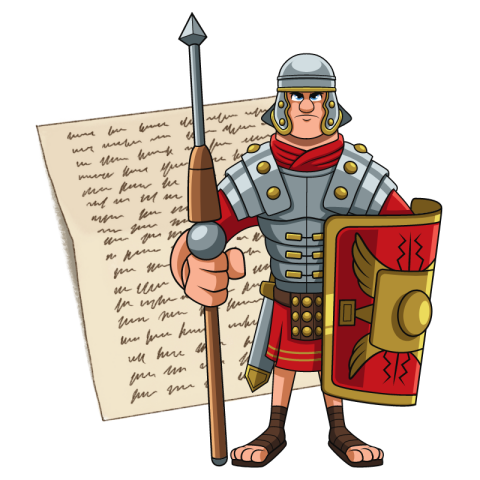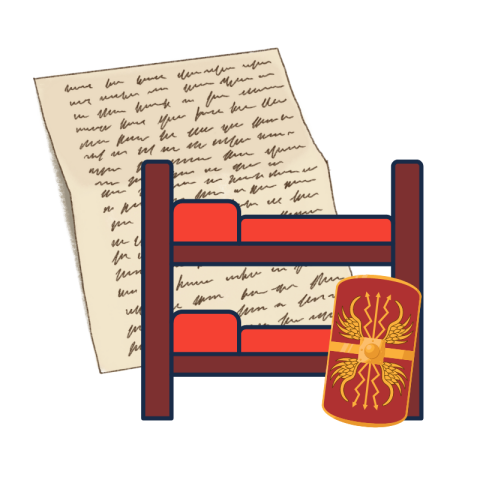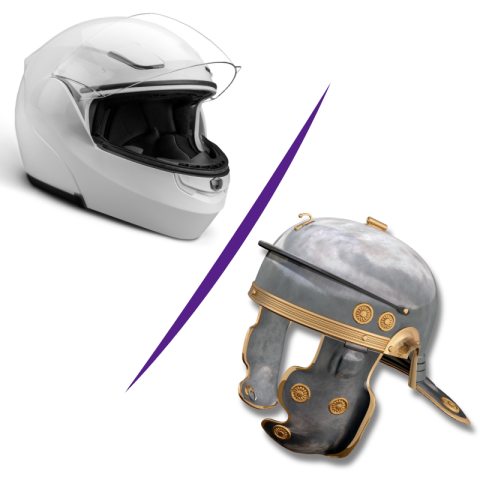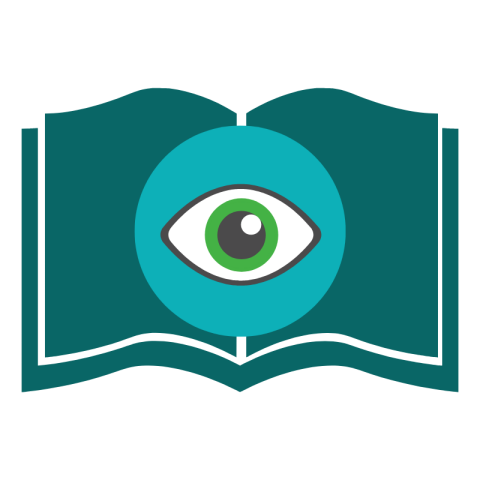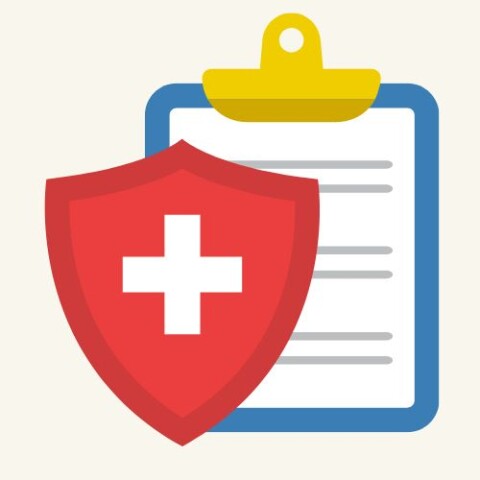A school trip to Roman Caerleon
Explore & experience:
- A visit to National Roman Legion Museum. Explore the real Roman collections in the gallery and see a Roman garden. Try on replica Roman armour in a reconstructed Barrack Room and see how Roman soldiers lived. Take part in a facilitated workshop with one of our costumed Roman teachers at the museum.
- A workshop guided by a costumed Roman facilitator. Through role-play, pupils can be a new recruit in the Roman army, a patient visiting a Roman doctor, a pupil in a Roman school or enjoy a Roman seasonal feast. One topic per term - see details for dates and charges.
- A visit to the real Roman Baths. Explore how Romans washed and relaxed nearly two thousand years ago.
- A visit to the outdoor Amphitheatre & Barracks sites. Discover the most complete Amphitheatre in Britain and the only legionary barracks still on view in Europe!
School visits are available Monday – Friday and our school trip schedule runs from 10:15 to 14:15 and includes the use of a lunch space.
All sessions are self-led except for the facilitated workshop so visiting teaching staff must lead these sessions. Site staff will be present during all sessions apart from the outdoor Amphitheatre & Barracks sites.
Souvenir bags are available to pre-order. Please inform us when you make a booking if you would like to order.
To enquire about available dates and cost, please send your school’s name, number of pupils, year group and preferred dates to: learning.romans@museumwales.ac.uk
Curriculum
Humanities: Enquiry, exploration and investigation inspire curiosity about the world, its past, present and future.
Age: 8-11
Learning objectives:
- Encourage enquiry and discovery by exploring ancient Roman ruins and artefacts.
- Opportunities to be curious, question, think critically and reflect upon evidence.
- Stimulate new and creative thinking.
- Gain a deeper understanding of the concepts underpinning humanities, and their application in local, national and global contexts.
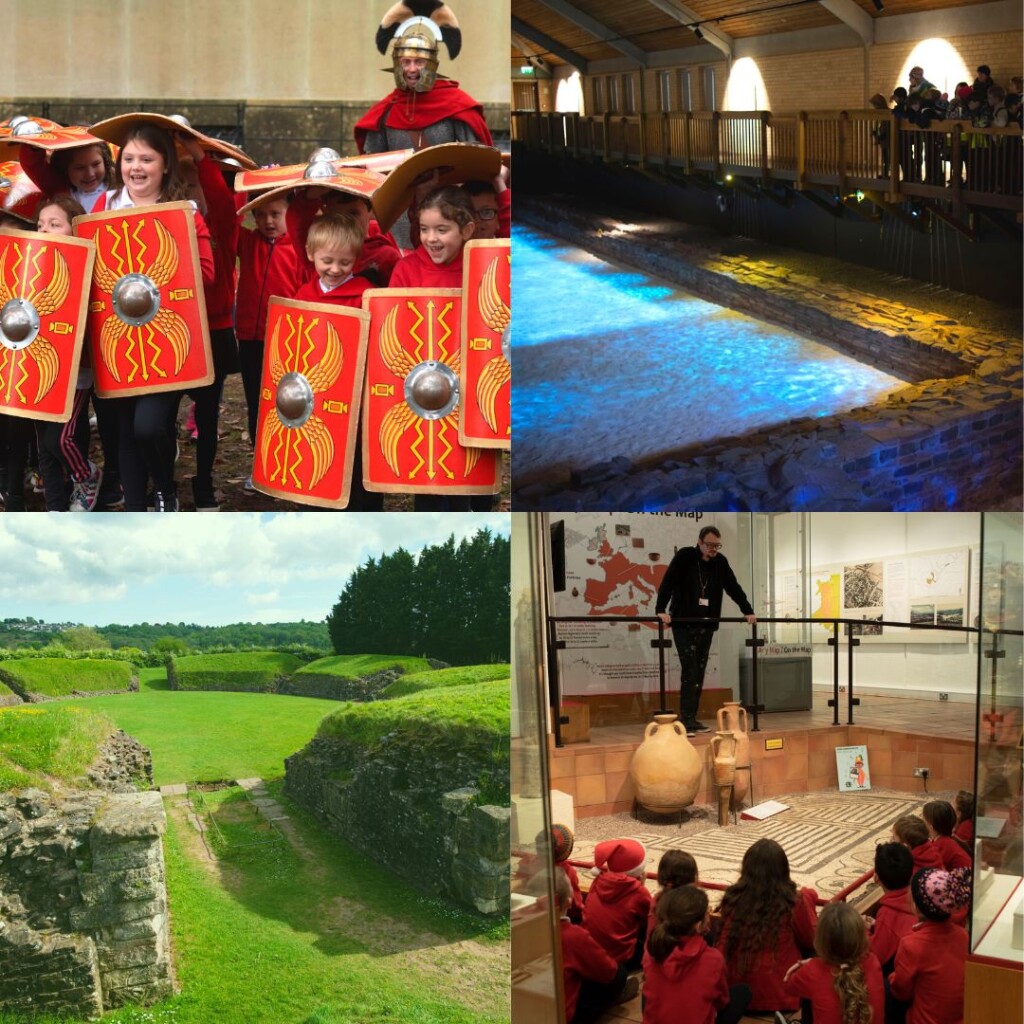
A school trip to Roman Caerleon
Booking information
To make a booking and talk to someone about this session phone (029) 2057 3546 or email learning.romans@museumwales.ac.uk
